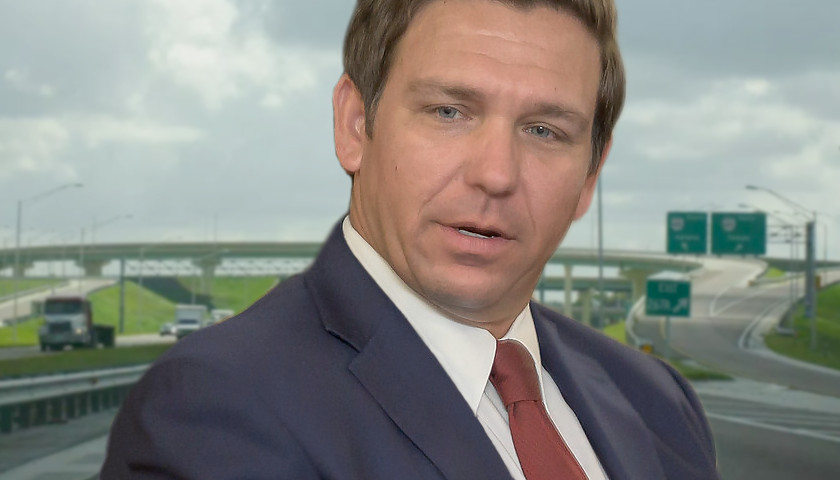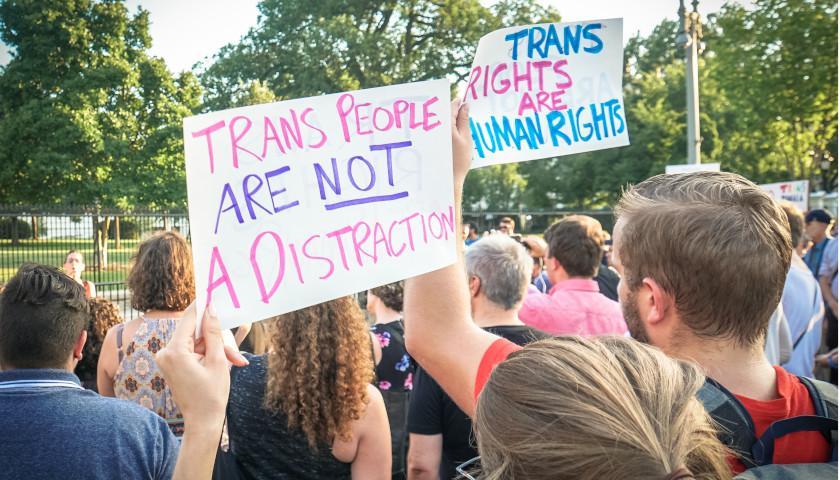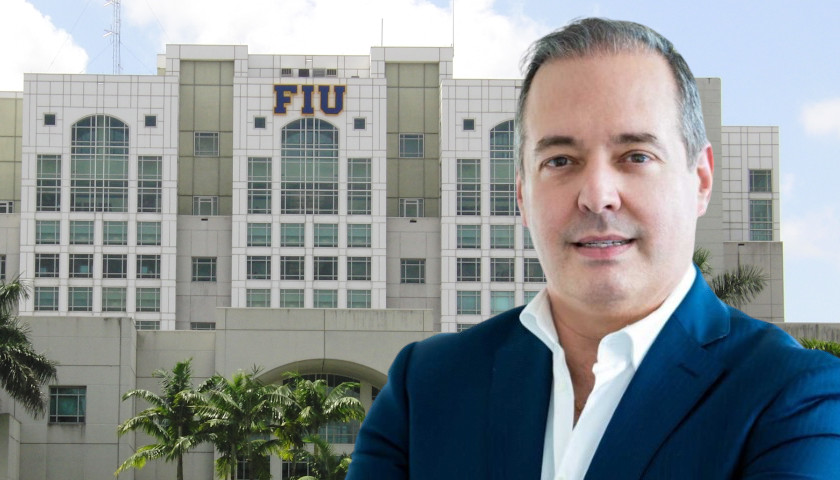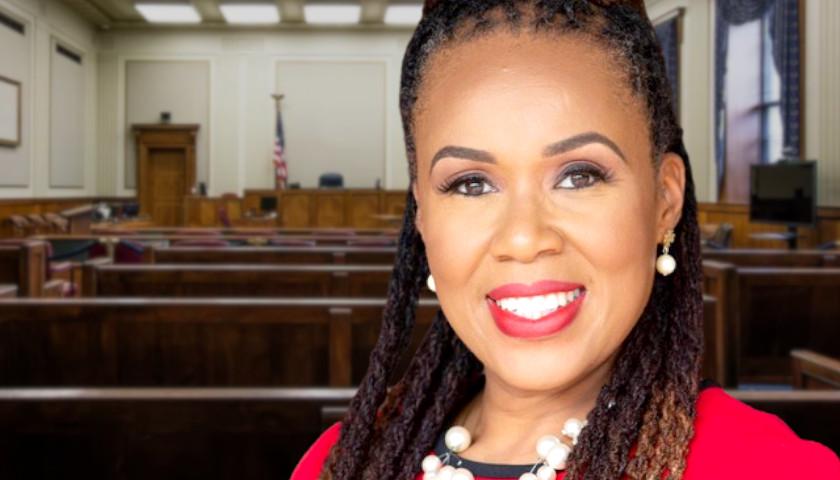by John Haughey
A bill approving a decade-long, multi-billion dollar plan to extend three toll roads into rural “corridors” was formally sent to Gov. Ron DeSantis Monday as opponents intensified demands he veto the measure and launched a week of scheduled protests.
DeSantis has 10 working days to veto Senate Bill 7068, the proposed Multi-Use Corridors of Regional Economic Significance [M-CORES] program. Even if he does not sign it, the bill becomes law on May 28.
SB 7068 – Senate President Bill Galvano’s session priority – earmarks $45 million to establish regional task forces to study M-CORES, the state’s most significant highway-building project since the 1950s, approved by the Senate, 37-1, and by the House, 76-36.
M-CORES would build the 150-mile Heartland Parkway from Lakeland to Naples, push the Florida Turnpike 40 miles west to link I-75 with the Suncoast Parkway, and extend the Suncoast 150 miles north to Georgia. Construction would begin in 2022 and end in 2030.
M-CORES would be funded through license plate tag revenues – $1.1 billion over a decade – shifted from the state’s general fund into the State Transportation Trust Fund [STTF].
But SB 7068 appropriates $45 million for Fiscal Year 2020, M-CORES’s first-year allocation to create study task forces, meaning proponents must return next year for approval of appropriations beyond fiscal 2020.
M-CORES outlines $90 million in Fiscal Year 2021 funding, $135 million in fiscal 2022 and $140 million annually through fiscal 2030, totaling $1.1 billion by 2030, for financing a state turnpike bond to pay for the projects, which some estimate could cost $10 billion.
M-CORES is opposed by a coalition of 90 organizations – including Sierra Club Florida, 1000 Friends of Florida, Audubon Everglades, Conservancy of Southwest Florida, Florida Policy Institute, Conservation Foundation of the Gulf Coast, Progress Florida, Defenders of Wildlife, the League of Women Voters of Florida – that question its funding, environmental impacts and vagaries.
The Sierra Club of Florida has issued “a declaration of war” against M-CORES, calling it “the worst bill for Florida’s environment in more than 20 years” in a veto letter to DeSantis and in announcing protests through the week, including a Wednesday “flash mob” in Gainesville.
A rally against SB 7068 was orchestrated Monday in St. Petersburg’s Williams Park by Awake Pinellas, Defenders of Wildlife, Environment Florida, Florida Conservation Voters, Food & Water Watch, League of Women Voters and Progress Florida.
Former Democratic Gov. and U.S. Sen. Bob Graham, chairman of the Florida Conservation Coalition (FCC), and former Republican state Sen. Lee Constantine, are among those who signed an FCC letter asking DeSantis to nix SB 7068.
“Florida’s environment will not improve if we only take one-step-forward, but two-steps-back,” the FCC letter reads. “As proposed in SB 7068, these new transportation corridors will diminish the impact of the billions of dollars the state has committed to address water pollution and Everglades restoration and threaten your administration’s environmental legacy.”
Reminding DeSantis he calls himself a “Teddy Roosevelt Republican,” the letter quotes Roosevelt: “’The nation behaves well if it treats the natural resources as assets which it must turn over to the next generation increased, and not impaired, in value.’ We hope you will take these words of President Theodore Roosevelt to heart and veto SB 7068.”
Supporters, such as the Florida Transportation Builders Association, Florida Trucking Association, Florida Ports Council, Asphalt Contractors Association of Florida, phosphate giant Mosaic, Central Florida agribusiness corporations, and – most notably – the Florida Chamber of Commerce, are equally adamant DeSantis sign the bill.
Florida Chamber President/CEO Mark Wilson in a widely-published May 12 op-ed applauded state lawmakers for doing what Congress hasn’t done: “Move forward with bold plans on how to improve our transportation infrastructure.”
The Florida Chamber forecasts Florida will add 4.5 million new residents – including 3 million new drivers – by 2030. They will share the roads with at least 100 million annual vacationers/visitors, the chamber projects.
“Think about that for a second,” Wilson writes. “That means that Florida’s roadways will have millions of more cars in about a decade. Though a decade may seem far off, in infrastructure terms, that is right around the corner. Simply put, we need to plan smart and work fast to keep up with Florida’s growth or risk becoming like California.”
Wilson said M-CORES will ease congestion, create more efficient hurricane evacuation routes, link rural/suburban areas to “urban economic drivers” and incorporate new technologies into the infrastructure network.
“All of these things will happen alongside important environmental analyses and many, many stakeholder group meetings,” Wilson concluded. “The Florida Chamber believes Senate Bill 7068 is a step in the right direction, and hopefully the first of many. With the right people, the right process, and the right funding, we can prepare for our new neighbors, and welcome them to the best state in the union. It will take hard work, but every endeavor worth doing does.”
– – –
John Haughey is a reporter at TheCenter Square.com.
Photo “Gov. Ron DeSantis” by the State of Florida.





